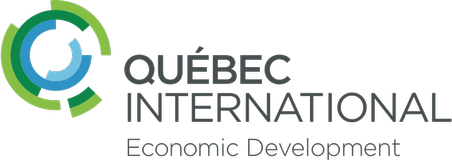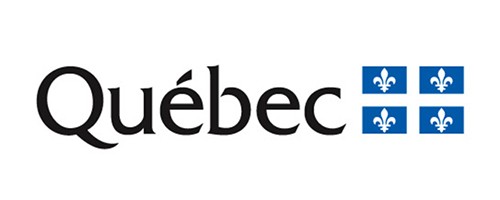See the original article (french only) : Le Soleil
The Canadian company's ambition to create an alternative to traditional petroleum-based polymers has borne fruit at its Vanier plant. After more than 10 years, BOSK Bioproducts, in collaboration with the Institut national de la recherche scientifique (INRS), has developed a technology capable of transforming unexploited by-products of the paper industry into polyhydroxyalkanoates (PHA), a highly compostable material.
“With the production we are starting today, we will begin the transformation of the plastics industry towards a greener, circular and profitable economy. At BOSK, we believe we can change the world and we are doing it, one kilo at a time,” said Laurence Boudreault, General Manager of BOSK Bioproducts, at the press conference.
This is a very big step for BOSK: it claims to be the first company in the world to market this innovation. And it intends to make it known internationally.
“We dreamed of a material that could be processed exactly like conventional plastics,” says Ms. Boudreault. “Using the same equipment from manufacturers to produce the same products in the same way, but 100% biosourced and compostable, with no petroleum or chemical additives.”
According to the press release published on Wednesday, this raw material designed by the company is offered in granulated form to manufacturers and can be used to make several objects such as caps, jars for cosmetic products, filaments for 3D printing or tableware for children.
A green goldmine
Using waste materials from paper mills to turn them into plastic is not common practice in the industry. Traditionally, manufacturers who want to offer an environmentally friendly option have used food-grade materials. An expensive and uneconomic option. “This is probably what has held back the market in recent years,” the General Manager adds.
“At first, we tried to sell PHA directly on the market, but bioplastics were not as well-known as they are today. People in the industry said, ‘I'll buy your PHA, but I'll mix it with polypropylene’. That wasn't really our goal, we want to clean up the planet.”
As of May 12, 2021, all manufactured plastic products have been added by the federal government to the list of toxic substances under the Canadian Environmental Protection Act (CEPA). These products are now considered to have a harmful effect on the environment and biological diversity.
From Vanier to international
The Canadian company wants to position Quebec as a global producer of bioplastics in line with sustainable development.
According to Geneviève Guilbault, this first step is very innovative for the future. “It is especially very ecological and very much in line with the vision that we have as a government to fight climate change, among other things, with the greening of our economy from our local and renewable resources,” the minister responsible for the Capitale-Nationale region said during the press conference.
“We have clients from all over the world who are interested in trying REGEN. Today, we are beginning the transformation of an industry that has seen little transformation in recent years,” Ms. Boudreault adds. Plastiques Moore, a Quebec company specializing in plastic injection moulding, will be the first to use the new process.
In addition, BOSK wants to increase its production capacity to 20,000 tonnes within three to five years. It also hopes to be able to set up a full-scale plant, 20 times larger than the one in Vanier, “directly on paper sites in Quebec, Canada and beyond,” says Paul Boudreault, President of BOSK Bioproducts.



